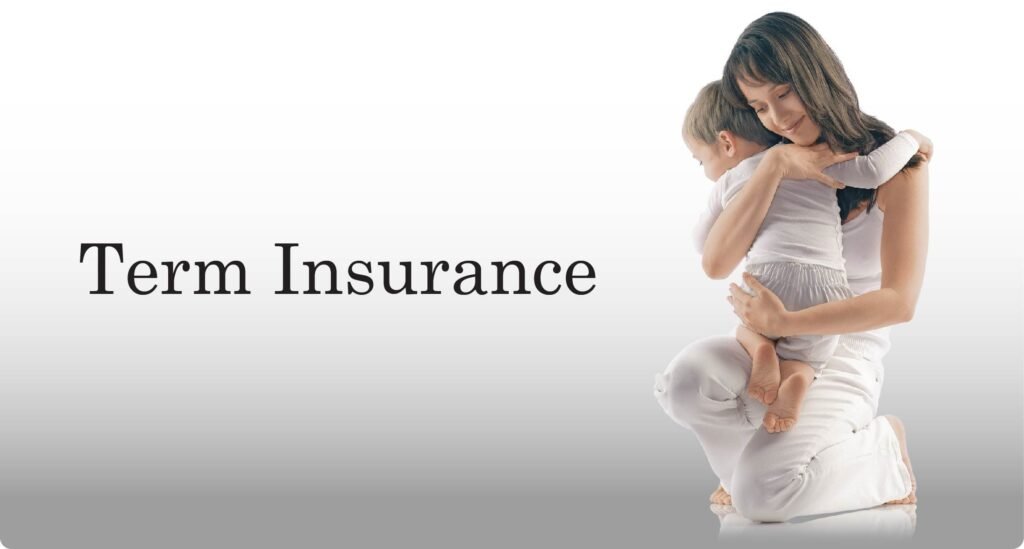When it comes to life insurance, many people initially gravitate toward term insurance because of its affordability and simplicity. Term insurance provides coverage for a specific period—typically 10, 20, or 30 years—and pays out a death benefit if the insured passes away during that time. However, as life circumstances evolve, there may be a point when permanent insurance becomes a more suitable and strategic option.
Permanent insurance, including whole life, universal life, and participating life insurance, provides lifelong coverage with additional features that can benefit individuals, families, and business owners. So, when does it make sense to pivot from term to permanent insurance? Let’s explore the key situations.
1. You Want to Build Long-Term Wealth with Tax Advantages
Permanent insurance not only provides a death benefit but also accumulates cash value over time. This cash value grows tax-deferred, making it an attractive option for high-income earners and incorporated professionals who have maximized other tax-sheltered investment vehicles, such as RRSPs and TFSAs.
When It Makes Sense:
You’re looking for an additional tax-efficient investment vehicle.
You want to access the cash value later in life through policy loans or withdrawals.
You want to use the cash value to supplement retirement income or fund future opportunities.
2. Estate Preservation and Wealth Transfer Planning
If one of your primary goals is to preserve and transfer wealth efficiently to the next generation, permanent insurance becomes a powerful tool. The death benefit from a permanent policy is paid out tax-free and can offset capital gains liabilities, ensuring your heirs receive the full value of your estate.
When It Makes Sense:
You own significant assets that may be subject to capital gains upon your death.
You want to equalize inheritances between family members (e.g., if one child inherits a business and another receives cash or assets).
You wish to leave a charitable legacy through a tax-effective donation strategy.
3. You Have Long-Term Business Obligations
Business owners often require life insurance to fund buy-sell agreements or ensure business continuity in the event of a partner’s death. While term insurance may suffice in the early stages, permanent insurance offers a longer-term solution, especially for business owners who want to guarantee liquidity for their business beyond a set term.
When It Makes Sense:
You’re funding a buy-sell agreement and want certainty that funds will be available regardless of when the event occurs.
You need to ensure a business succession plan is protected without the risk of outliving a term policy.
You want to protect key employees or fund executive benefits.
4. You’re Concerned About Outliving Your Term Policy
Term insurance is cost-effective when you’re young, but once the term expires, premiums often increase significantly, making it less sustainable in the long run. For individuals who still require coverage after their term expires—whether for estate planning, income replacement, or other needs—permanent insurance eliminates the risk of losing coverage or facing unaffordable premiums later in life.
When It Makes Sense:
You want to ensure you have lifelong coverage that never expires.
You’re concerned about developing health issues that could make renewing or replacing a term policy difficult or costly.
You prefer the certainty of fixed premiums and guaranteed death benefits.
5. You Want to Leave a Legacy or Make Charitable Contributions
Permanent insurance can be an effective way to create a lasting legacy for loved ones or charities. By naming a charity as a beneficiary or donating the policy itself, you can leave a significant gift while potentially benefiting from charitable tax credits.
When It Makes Sense:
You have a philanthropic goal and want to maximize your charitable impact.
You want to reduce your estate’s tax liability while supporting causes you care about.
You’re considering a charitable giving strategy as part of your estate plan.
6. You Want Flexibility and Control Over Your Coverage
Universal life insurance, a type of permanent insurance, offers flexible premium payments and the ability to adjust the death benefit over time. This flexibility makes it an appealing option for individuals whose financial situation may change or who prefer to have more control over their insurance and investment options.
When It Makes Sense:
You prefer the ability to increase or decrease your premiums and adjust your policy as needed.
You want to use the policy’s cash value to manage unexpected expenses or take advantage of investment opportunities.
You’re looking for a customizable insurance solution that evolves with your needs.
Making the Right Choice: Term or Permanent Insurance?
The decision between term and permanent insurance is not one-size-fits-all. While term insurance offers cost-effective coverage for temporary needs, permanent insurance provides lifelong protection with additional financial benefits that can enhance your long-term financial strategy.
As your life changes—whether through growing your business, building wealth, or planning your legacy—it’s worth reviewing your insurance strategy to ensure it aligns with your goals.
How KMR Financial Can Help
At KMR Financial, we specialize in tailoring insurance solutions that align with your financial and estate planning goals. Whether you’re exploring permanent insurance for wealth preservation, tax efficiency, or legacy planning, we can help you navigate your options and make informed decisions that protect what matters most.



